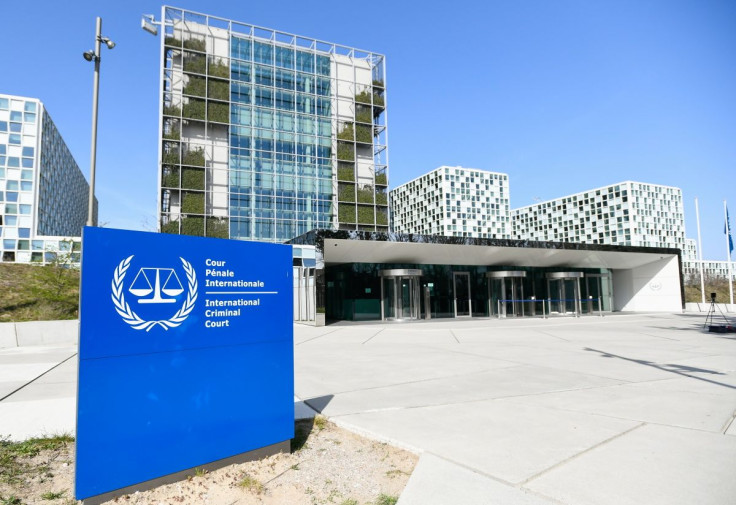South Africa Unlikely To Arrest Putin When He Visits, Will 'Ignore' Arrest Warrant: Expert

KEY POINTS
- Africanist Irina Filatova said South Africa would "ignore" ICC's arrest warrant vs. Putin
- Filatova cited the Sudanese leader's 2015 visit to South Africa while facing 2 arrest warrants
- The South African minister said the gov't is waiting for a legal opinion about ICC's arrest order
An African affairs expert believes South Africa would not enforce the arrest warrant of the International Criminal Court (ICC) against Russian President Vladimir Putin.
This is despite the statement the South African government announced earlier that they would comply with ICC's order should Putin visit their country, Professor Emeritus Irina Filatova of the University of KwaZulu-Natal told the reporters at the Media Center Ukraine.
"Even if Putin comes, South Africa will find a way to ignore the warrant of the International Criminal Court," Filatova said.
Filatova cited the 2015 visit of Sudanese President Omar al-Bashir to South Africa while facing two ICC arrest warrants at the time.
Filatova said South African activists called for al-Bashir's arrest, while several non-government organizations (NGOs) went to local courts to ask whether arresting the Sudanese leader was legal.
"The conclusion was that it was completely illegal," Filatova said.
The Africanist also recalled South Africa's attempt to withdraw from Rome Statute, the treaty that established ICC, following al-Bashir's visit.
Filanova said she's not expecting other African states to carry out ICC's arrest warrant against Putin.
"For many decades, they have been saying that the court deals only with African states. The real culprits, in their opinion, for example, the United States, which did not ratify the Rome Statute, are outside the attention of this court," Filatova said.
On March 17, the ICC's Pre-Trial Chamber II issued warrants of arrest against Putin and Kremlin's Children's Rights Commissioner Maria Alekseyevna Lvova-Belova.
The ICC chamber accused Putin and Lvova-Belova of committing a war crime by facilitating the "unlawful deportation of [children]" from Russian-occupied regions of Ukraine to Russian territory.
The ICC considered making Putin and Lvova-Belova's arrest warrants public to prevent them from "further commission of crimes."
South African Minister for international relations Naledi Pandor said that the government is waiting for a legal opinion on whether they are capable of arresting Putin based on ICC's order, VOA News reported.
South Africa invited Putin to the upcoming BRICS summit in August, comprised of countries such as Brazil, Russia, India, China and South Africa.
However, Kremlin has not yet confirmed whether the Russian president will attend in person.
In 2016, the South African government began the process of withdrawing from the ICC, claiming that the Rome Statute was incompatible with their law providing visiting heads of state diplomatic immunity.
BBC News reported that South Africa's High Court invalidated the country's move to withdraw from the treaty in 2017, arguing that the government must first seek parliamentary approval.

© Copyright IBTimes 2024. All rights reserved.












